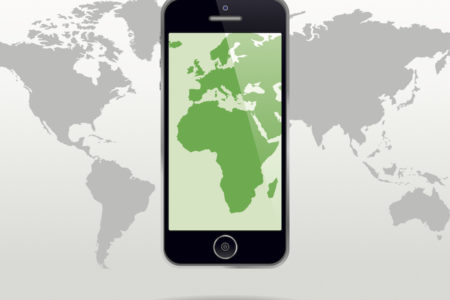In Steve Case’s book, The Third Wave: An Entrepreneur’s Vision for The Future, Steve outlined the different waves that defined the Internet and laid the foundation for the explosive technological innovation that we experience today.
The first wave “Building the Internet,” which lasted between 1985 – 1999, was largely driven by People, Products, Platforms, Partnerships, Policy and Perseverance and he outlined a few companies that were pivotal to the success of that era; Cisco, IBM, Apple, AOL, Sprint and the now defunct Sun Microsystem.
The second wave, “App Economy and Mobile Revolution,” started in 2000 through 2015 and this wave was driven by People, Products and Platforms. The third wave, “Internet of Everything,” started in 2016 and is ongoing.
I’m particularly interested in the first wave and how it relates to the Nigerian & African technology ecosystem: how can technology startups in Nigeria and Africa at-large bolster the engineering community around us? Although other components that make for a successful ecosystem including early-stage financing are undoubtedly important, I choose to focus on engineering because not only is it my forte, it’s one of the critical components of every successful technology startup.
Engineering is a major differentiator between successful startups and the average ones. As Jeff Bezos rightly puts it:
It’s what separates the A players from the B players.
But in all of this, how are we as a community faring with all things engineering? How much are we giving back as individuals and organisations? Is this something tech startups in Nigeria and Africa actively think about?
I love how companies in the Valley, Europe, and South East Asia deliberately build their engineering culture. These companies do this through various ways: tech talks, engineering blogs, open source, etc. They share their problems, pain points and solutions.
This is one surefire way of building a community. A community is not people doing things in silos and calling it an “ecosystem.” Netflix holds tech-talks and invites Uber engineers to speak. They move this further by sharing core components of their infrastructure. It’s only in sharing that we can truly build a sustainable ecosystem and also move the needle a notch higher.
Apache Kafka, one of the core components of distributed computing was built in-house by LinkedIn. They shared it and everyone is benefiting today. For a second, imagine if Google kept Angular and Kubernetes to itself and Facebook kept React to itself. Think about it.
In the Nigerian and African tech ecosystem, while funding is necessary, the need for actual engineering collaboration and sharing cannot be overemphasized. To my fellow African engineers: If you’ve solved a major problem; optimization, security, scalability, experimenting with a new tech, write about it. Share.
We need more African tech startups writing about their processes, product design methodology, software engineering practices, and opening up their APIs…more startups holding community events to talk about technologies they are exploring or currently using in production.
If you enjoyed this article, subscribe to be notified when more like it are published.





Share: